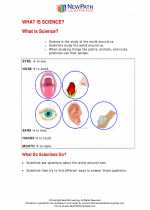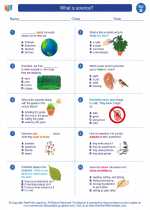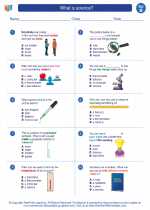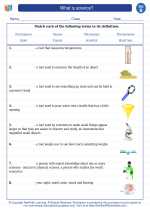Botany: The Study of Plants
Botany is the scientific study of plants, including their structure, growth, reproduction, metabolism, development, diseases, and relationships with other organisms and the environment.
Plant Structure
- Roots: Absorb water and nutrients from the soil.
- Stems: Provide support for the plant and transport water and nutrients.
- Leaves: Site of photosynthesis, where plants convert sunlight into energy.
- Flowers: Reproductive structures that produce seeds and fruit.
Plant Growth and Development
Plants grow through a process called photosynthesis, where they use sunlight, carbon dioxide, and water to produce glucose and oxygen. They also undergo cell division and cell expansion to increase in size.
Plant Reproduction
Plants can reproduce through sexual and asexual means. Sexual reproduction involves the formation of seeds through the combination of male and female reproductive cells, while asexual reproduction involves the production of new individuals from a single parent plant.
Plant Classification
Plants are classified into different groups based on their characteristics, including vascular and non-vascular plants, flowering and non-flowering plants, and seed-bearing and spore-bearing plants.
Importance of Botany
Botany is important for understanding the role of plants in the environment, agriculture, medicine, and food production. It also helps in conservation efforts and the development of new plant-based technologies.
Study Guide
- What are the main parts of a plant and their functions?
- Explain the process of photosynthesis and its importance to plants.
- Compare and contrast sexual and asexual reproduction in plants.
- Describe the different classifications of plants and give examples of each.
- Discuss the significance of botany in various aspects of human life.
[Botany] Related Worksheets and Study Guides:
.◂Science Worksheets and Study Guides Second Grade. What is science?

 Worksheet/Answer key
Worksheet/Answer key
 Worksheet/Answer key
Worksheet/Answer key
 Worksheet/Answer key
Worksheet/Answer key
 Vocabulary/Answer key
Vocabulary/Answer key
